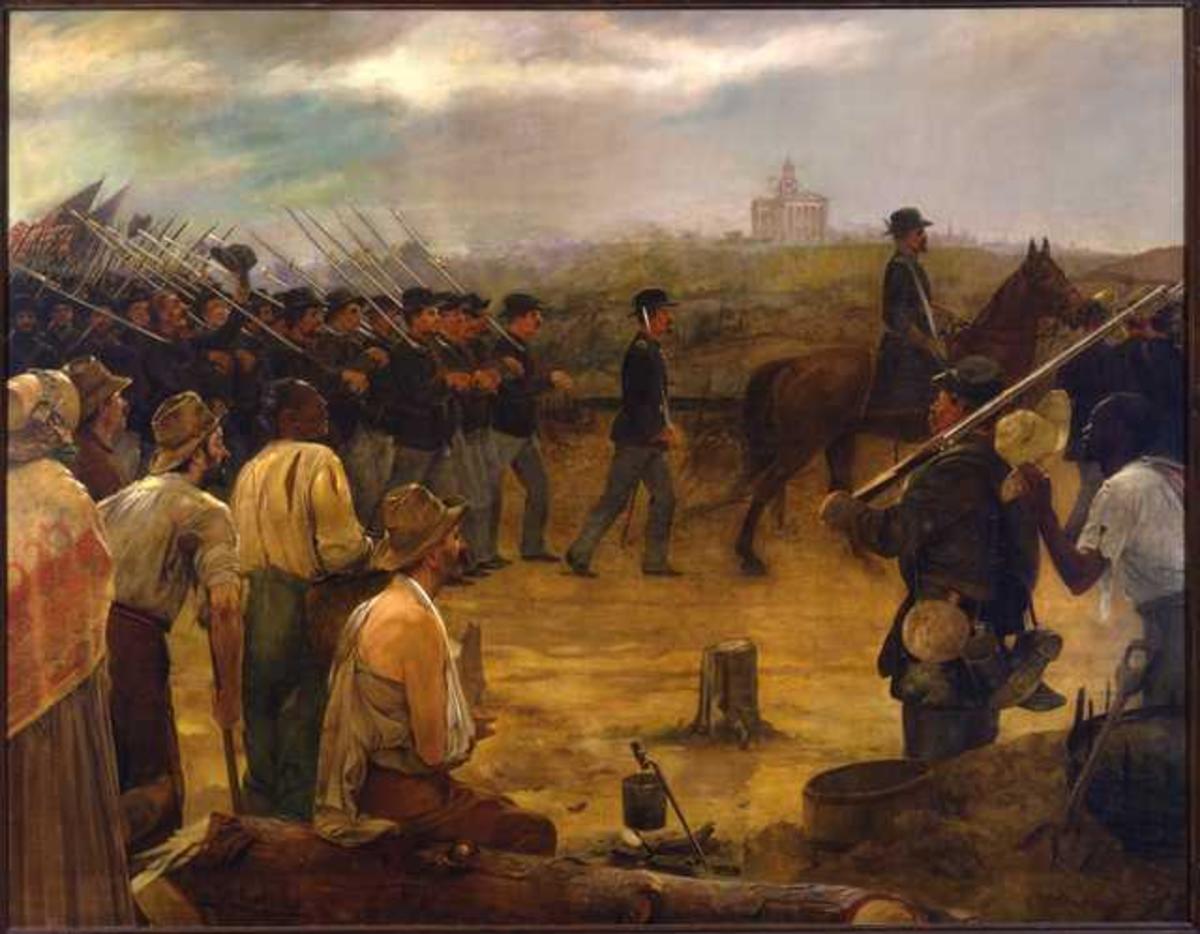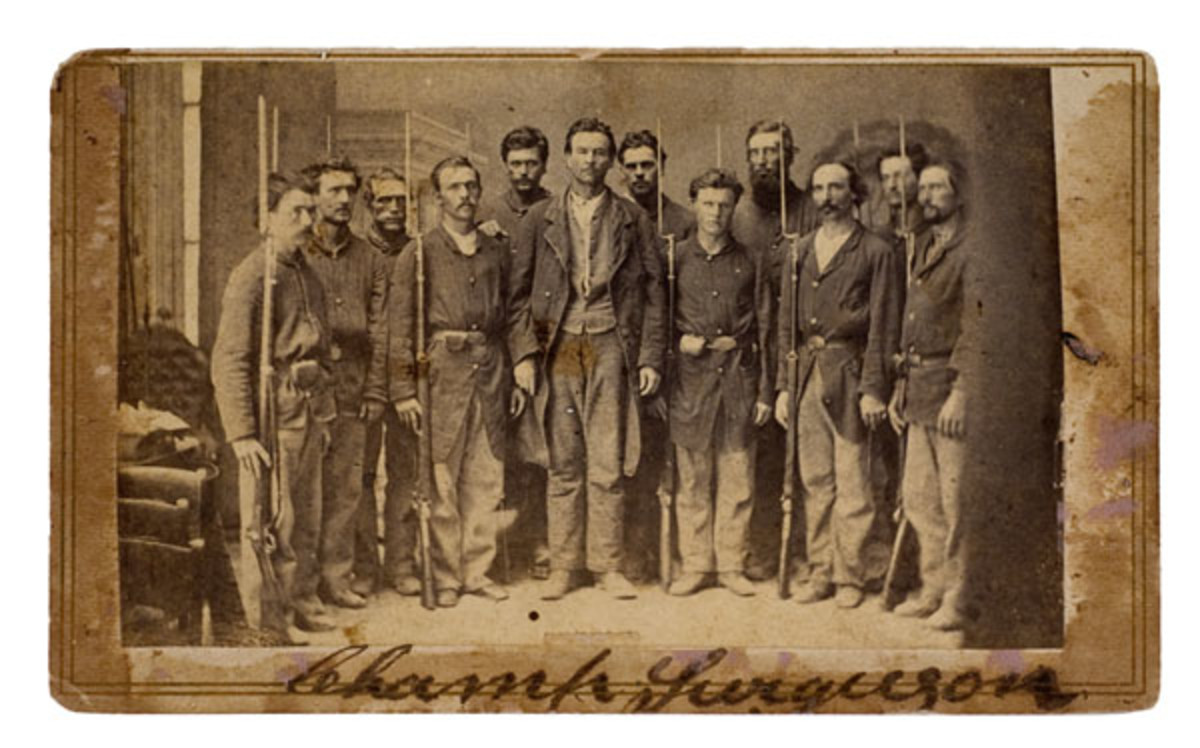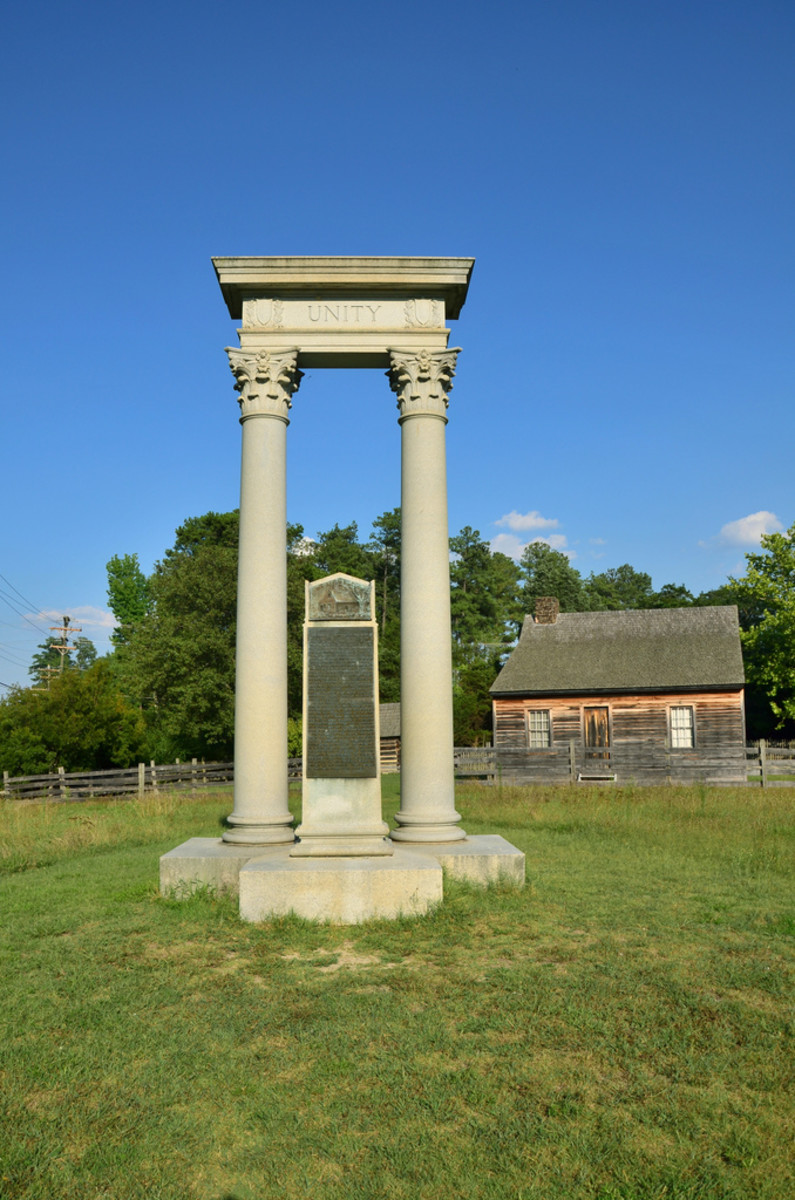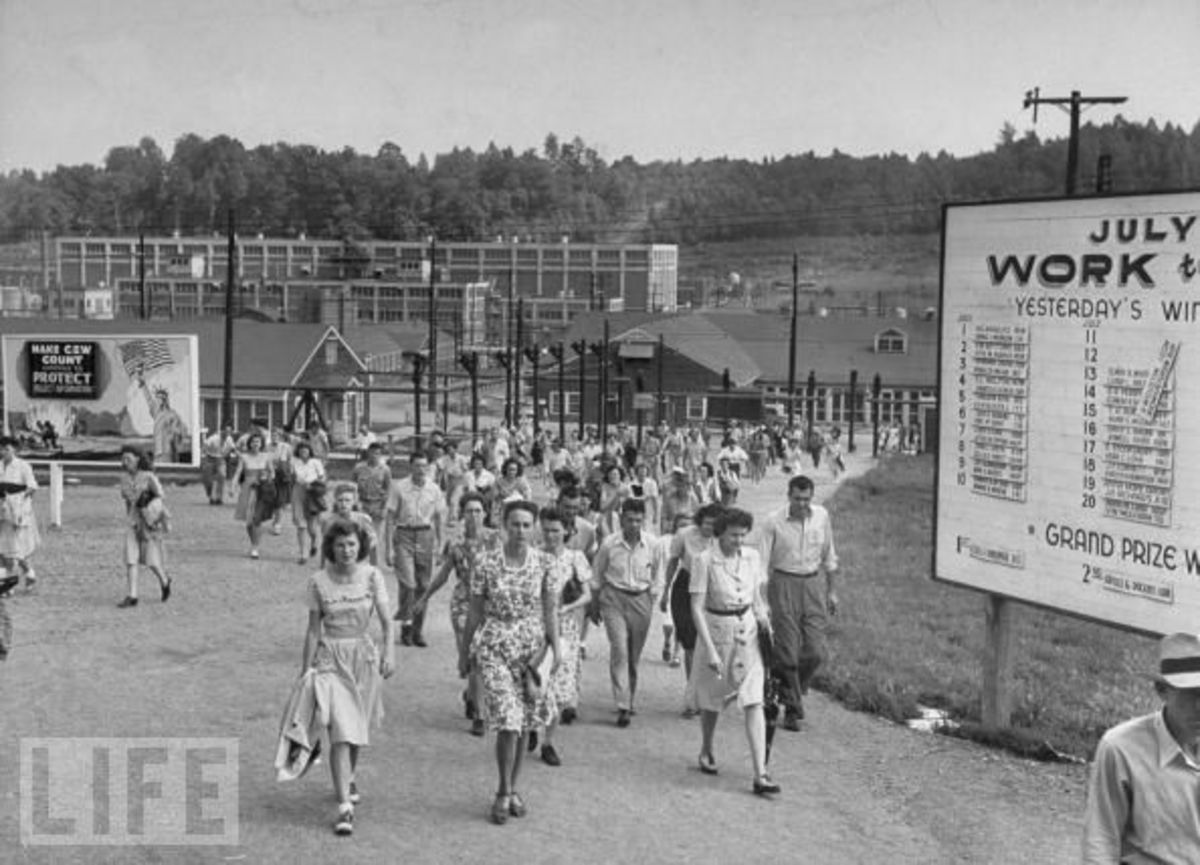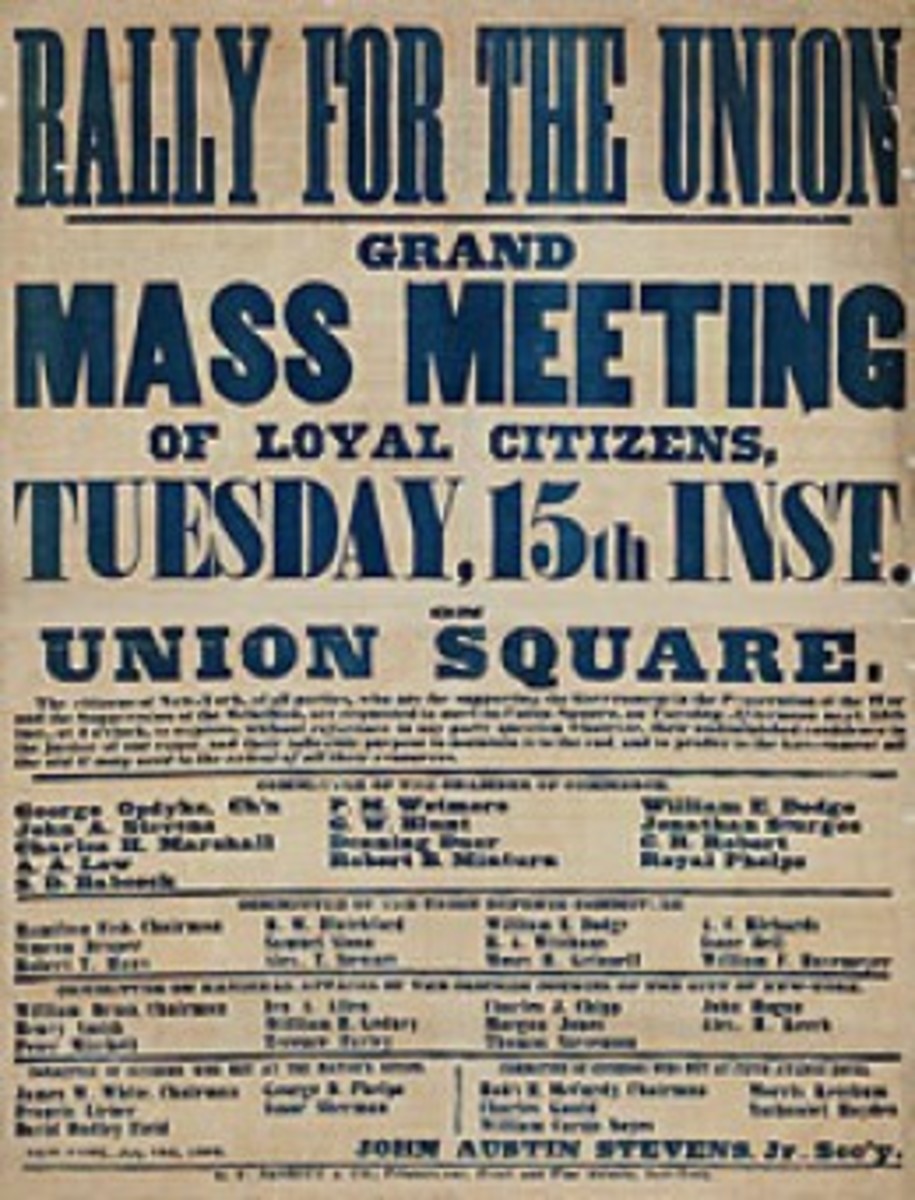- HubPages»
- Education and Science»
- History & Archaeology»
- History of the Americas
A Texan Looks at Books About The War Between the States
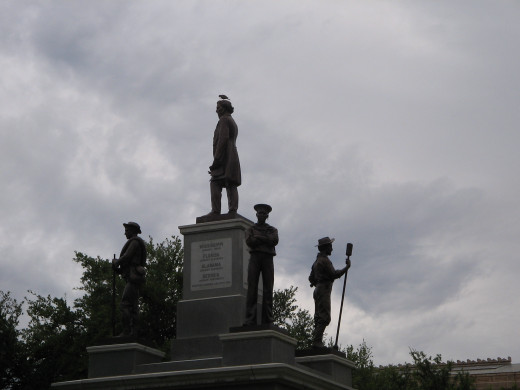
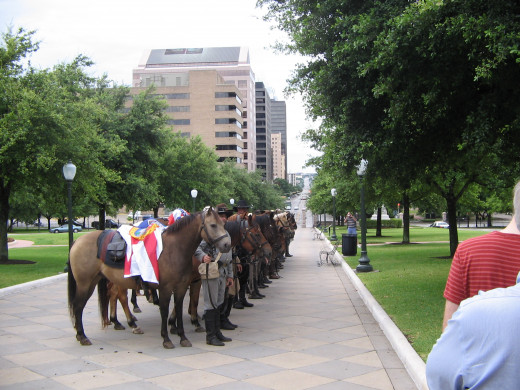
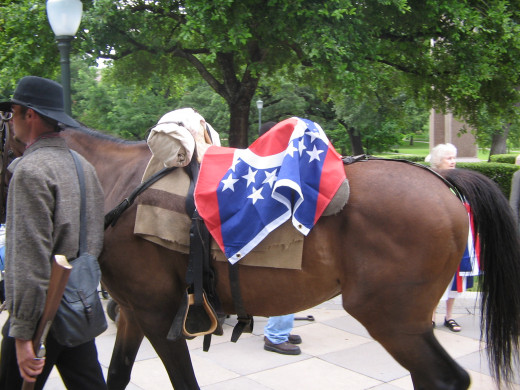


My favorite books on the War Between the States
The War Between the States which took place from 1861-1865 has had more books written about it than any other period of United States history. Even the name of the war has been the source of many debates. For Northern and Northern oriented writers, the term ‘U.S. Civil War’ is often used. From a Southern perspective the term ‘civil war’ is misleading and a maligning of what happened in that time period. Calling what happened a civil war makes it sound like one side was attempting to take over the control of the government the other. Since that Confederate States were not attempting an overthrow of the United States, the name does not fit what happened. The Southern States left the Union and its government. After leaving they formed their own government and a new association of States. They wanted a peaceful divorce from their previous Union. Like a jealous, vindictive spouse, the Union was not about to allow the Confederate States leave without a fight. The use of the term civil war, like the use of name calling in a bad marriage is merely another way of claiming the Southern States were rebelling and being ‘unreasonable’ in their demands.
Southerners use a variety of terms for the war. Other names for the war include the ‘War Between the States’, ‘The War of Northern Aggression’, ‘The Late Unpleasantness’, ‘The War of Southern Secession’, ‘Lincoln’s War’, ‘The Constitutional War’, and ‘The Second American War of Independence’. Each of these names carries with it connotations about the war and the events which occurred. By whichever name you choose to call it, the casualties in the war exceed those of all the other wars which the United States have been involved in.
It has been said that “with each generation, history is redefined”. When it comes to the war, this is very true. Each generation of writers that have addressed the issue have changed how the war is viewed and what it means to the United States and its citizens. President Jefferson Davis stated that “Any issue settled in disregard to law or by force is never truly settled”. This is true of the war. Since force was used in a disregard of law, the matters which the war concerned have not been settled. The war, battles, leaders and symbols continue stirring passions even into the 21st century. Communities like Selma, Alabama are in the midst of contention over whether or not a statue of Nathan Bedford Forrest is erected on private property. Although General Forrest saved the city from destruction, modern progressive values disapprove of the values he held. Although he and other figures lived over 100 years ago, many communities judge the leaders by contemporary standards rather than those of the time in which they lived.
Being a Texan, my favorite books about the war are those having a connection with Texas. Some writers, like Shelby Foote and Edward Pollard look at the whole war, covering battles, politics, personalities and the big picture. There are some writers which look at one segment or theater of the war. Steve Cottrell’s book on the Civil War in Texas and New Mexico is one that addresses the war from this perspective.
There are also books which follow the battles, marches and campaigns of a particular unit or army. Stephen Horn did this with his book on the Army of the Tennessee, which included many Texas units. Since the only all-Texas division was Walker’s Greyhounds, books on the topic deal with events at the division level. Some readers want the more personal stories which are provided at a brigade or regimental level. Harold B. Simpson’s writings on the Texas Brigade are considered by many enthusiasts to be classics in this genre. There are also good books on Hiram Granbury’s Texas Brigade and Polignac’s Texas Brigade. The accomplishments of these brigades were significant. Granbury’s Texas brigade managed holding off two assaults on its position in one battle with rocks. It is hard for modern readers to conceive of an attack being thwarted by the defenders hurling rocks to fight them off and to do so successfully.
At the regimental level are many good books on various Texas regiments. Terry’s Texas Rangers were one of the more notable regiments at the time of the war. This regiment was the only one to break through standing infantry formations twice during the war. The standing infantry formation was considered by many to be the most effective defense against cavalry. When Terry’s Texas Rangers broke through those formations, it caused many commanders to rethink their strategies. There are also excellent regimental histories on Parson’s Cavalry, the Third Texas Cavalry, the First Texas Cavalry (Horse Sweat and Powder Smoke by Stanley McGowan), the W. P. Lane Rangers, 10th Texas Cavalry, 28th Texas Cavalry and more.
There are also books which focus on particular individuals from Texas. These may be in the form of biographies, autobiographies like those of W. King (a brigade commander), X. Debray (a cavalry regiment commander) or E.S. Dodd (who was convicted of being a spy and hung), or a collection of the personal letters written by the participants. The letters often provide a picture of the day to day activities of the men. Modern biographies often pull together a picture of the subject from many different angles. There are biographies of people from unique perspectives as well. The biographies of pastors, chaplains like Robert Franklin Bunting (Our Trust is in the God of Battles), and others often provide new insight from those who accompanied the soldiers on a daily basis, knowing what their concerns and fears were. The challenge with these is that modern editors have been known to edit out some events or items that may stir up controversy.
There are also books which detail specific battles in which Texas troops fought. There were battles in Texas, such as the Battle of Galveston, Battle of Sabine Pass and the Battle of Palmetto Ranch, which was the last land battle of the war. Texans also fought in battles across the west and south, from the Battle of Glorietta Pass, where Texans fought Coloradoans, to the Battle of Gains Mill, where the Texas Brigade earned a reputation for tough fighting. There were considerable contributions of Texans in the Battles of Shiloh, Vicksburg, Gettysburg, Seven Days, Cold Harbor, Chickamauga, Nashville, Perryville, and Bentonville. Any of the accounts about these battles will inform you about the sacrifice of Texans in the war. The song with the line “The Eyes of Texas are upon You” was inspired by an incident involving the Texas Brigade at the Battle of the Wilderness.
What the best book on the war is depends largely on whether you as the reader prefer first hand accounts/recollections, personal letters or a modern compilation of events. The first person accounts have a greater sense of reliability, yet the modern histories include background and information that helps you make more sense about what happened. Many of the modern books like “The South Was Right” look at the war and its impact on present day society. Recent publications like “Red Republicans and Lincoln’s Socialists” have brought a new generation of readers an awareness of the connections of Karl Marx with many of the Union commanders and how socialists filled the ranks of the Union armies. Although popular myths portray John Birch as the first American killed fighting communism in China, the reality is that many Americans died during the war serving under communist commanders or opposing them.
There are also books that address the war from the perspective of women on the home front or from the perspective of the sailors in the Confederate Navy. Few readers are aware of how the war was often fought on the high seas around the world. There were also many Hispanic commanders in Confederate service like Colonel Santos Benevidez of Texas and Captain Raphael Semmes of the Confederate Raider, Alabama. Although the Alabama was not commanded by a Texan, one of its famous engagements occurred off the coast of Texas. There were many regiments containing soldiers from various backgrounds serving together. It was not uncommon for Blacks, Whites, Hispanics and Immigrants from Europe to be serving together in combat. The soldiers fighting for Texas served from many nations and backgrounds. It is an erroneous assumption to think that only people born in Texas served under the Lone Star. Men from Jamaica, Hungary, Prussia, England, Poland, Mexico, France, Scotland and Germany along with other nations fought for Texas.
With the 150th anniversary of the war underway, it is a good time to read a good book about the role of Texas and Texans in that struggle. There are many inspirational stories that will bring smiles or even tears to your eyes as you consider what those people went through during that time.
Books on Texas and Texans
Texas History in the buildings at the Texas Capitol
Resources in order to learn more
- ExploreSouthernHistory.com
ExploreSouthernHistory.com is a site dedicated to exploring and sharing information on historic sites, points of interest, natural wonders, state parks, national parks, scenic highways and more in the American Southeast. Forts, battlefields and more. - Know Southern History :: Main
This web site encourages the Southern people, especially school age and college age Southerners, to explore their heritage as Southerners.


